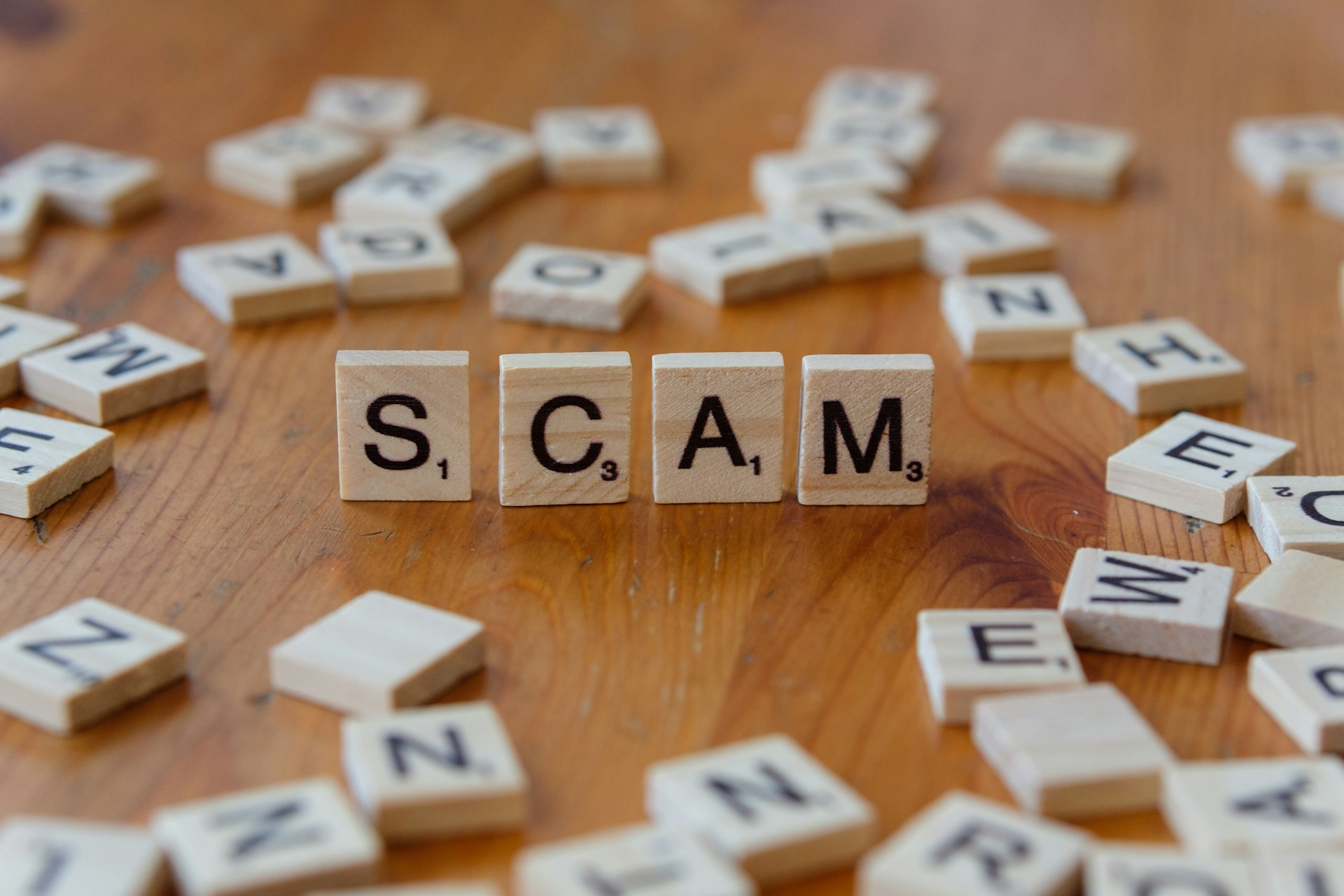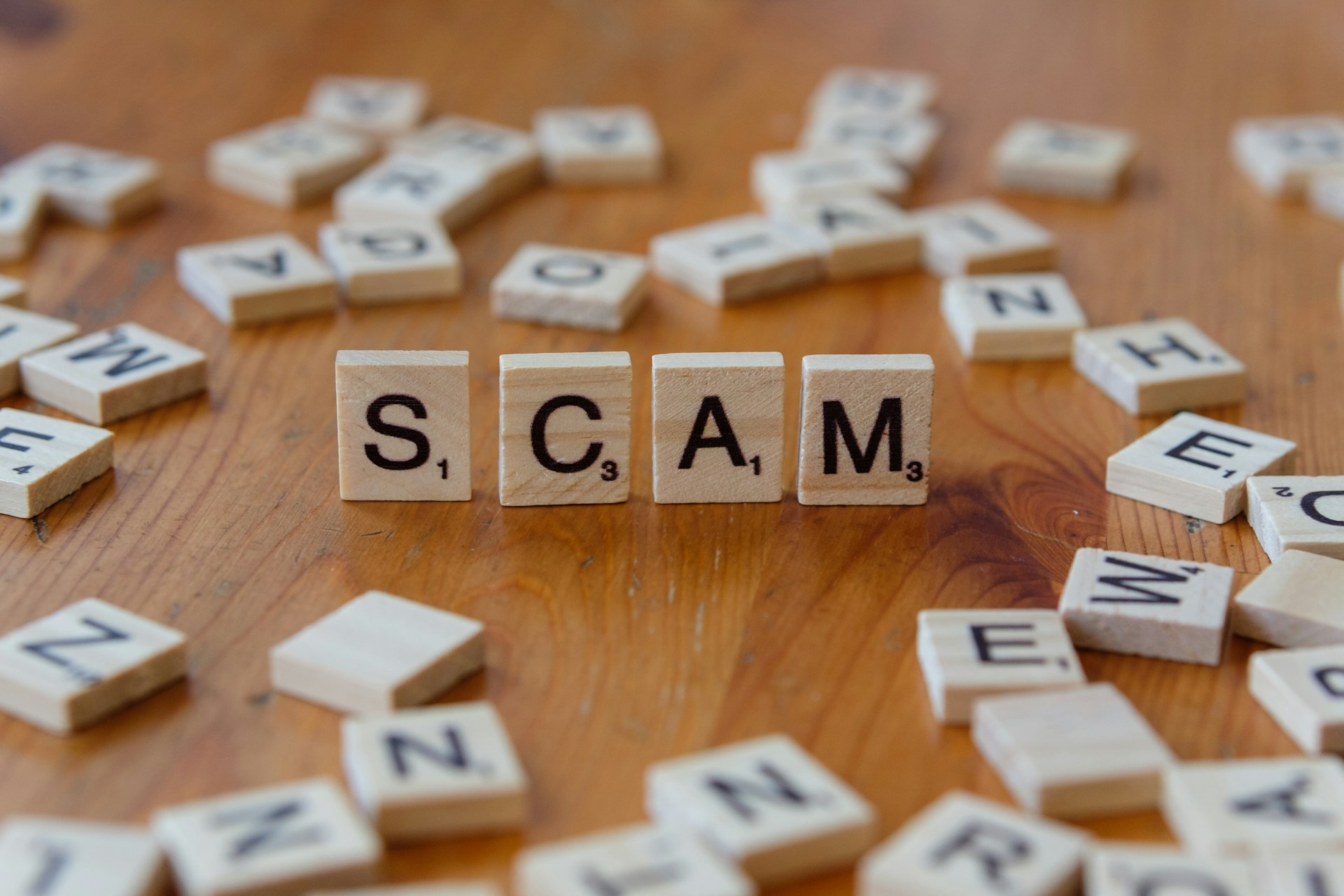
Reporting an elderly scam is important to help protect the victim and prevent further fraudulent activities. Here are the steps and details to consider when reporting such scams:
- Gather Evidence:
- Collect all relevant information such as phone numbers, email addresses, website URLs, scam messages, and any communication records.
- Note the date, time, and details of the scam incident.
- Contact Local Authorities:
- Report to your local police or law enforcement agency. They can investigate and take appropriate action.
- Provide all evidence and details to assist their investigation.
- Report to Consumer Protection Agencies:
- In many countries, there are agencies dedicated to consumer protection, such as the Federal Trade Commission (FTC) in the U.S., or the Consumer Protection Agency in your country.
- These agencies compile reports and may issue warnings or take legal action.
- Report to the Elderly Abuse or Scam Hotline:
- Some regions have specific hotlines for reporting scams targeting seniors.
- Example: National Elder Fraud Hotline or similar services.
- Notify Financial Institutions:
- If the scam involved bank accounts, credit cards, or financial information, contact the relevant bank or credit card company immediately to block accounts and prevent further loss.
- Spread Awareness:
- Inform family members, especially elderly relatives, about common scams to prevent future incidents.
- Use Online Reporting Tools:
- Many countries have online platforms for reporting scams (e.g., ReportFraud.ftc.gov in the U.S.).
Additional Tips:
- Do not attempt to confront the scammer.
- Avoid sharing personal or financial information.
- Stay vigilant and educate the elderly about common scam tactics.





